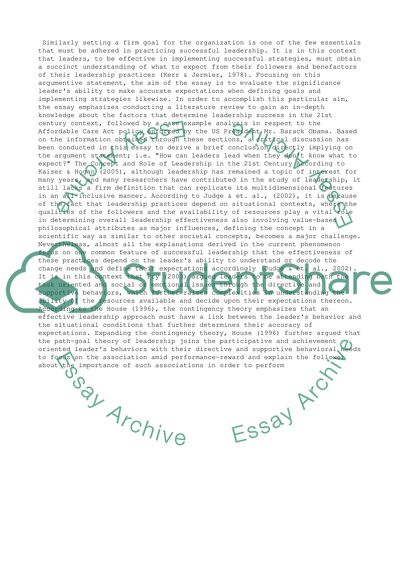Cite this document
(“How can leaders lead when they don't know what to expect Essay”, n.d.)
How can leaders lead when they don't know what to expect Essay. Retrieved from https://studentshare.org/business/1495933-how-can-leaders-lead-when-they-donyiet-know-what
How can leaders lead when they don't know what to expect Essay. Retrieved from https://studentshare.org/business/1495933-how-can-leaders-lead-when-they-donyiet-know-what
(How Can Leaders Lead When They don'T Know What to Expect Essay)
How Can Leaders Lead When They don'T Know What to Expect Essay. https://studentshare.org/business/1495933-how-can-leaders-lead-when-they-donyiet-know-what.
How Can Leaders Lead When They don'T Know What to Expect Essay. https://studentshare.org/business/1495933-how-can-leaders-lead-when-they-donyiet-know-what.
“How Can Leaders Lead When They don'T Know What to Expect Essay”, n.d. https://studentshare.org/business/1495933-how-can-leaders-lead-when-they-donyiet-know-what.


